In 2011, Hollywood icons George Clooney and Ryan Gosling teamed up for The Ides of March, a political thriller that dives deep into the high-stakes world of American politics. Despite its critical acclaim and all-star cast, this cinematic gem often goes unnoticed, eclipsed by Clooney and Gosling's other high-profile projects. Directed by Clooney, The Ides of March offers a compelling look at the ethical dilemmas, manipulations, and power struggles behind political campaigns. As we revisit this film over a decade later, its timely narrative and powerful performances continue to resonate, reminding us of the ever-present tensions between ambition and morality.
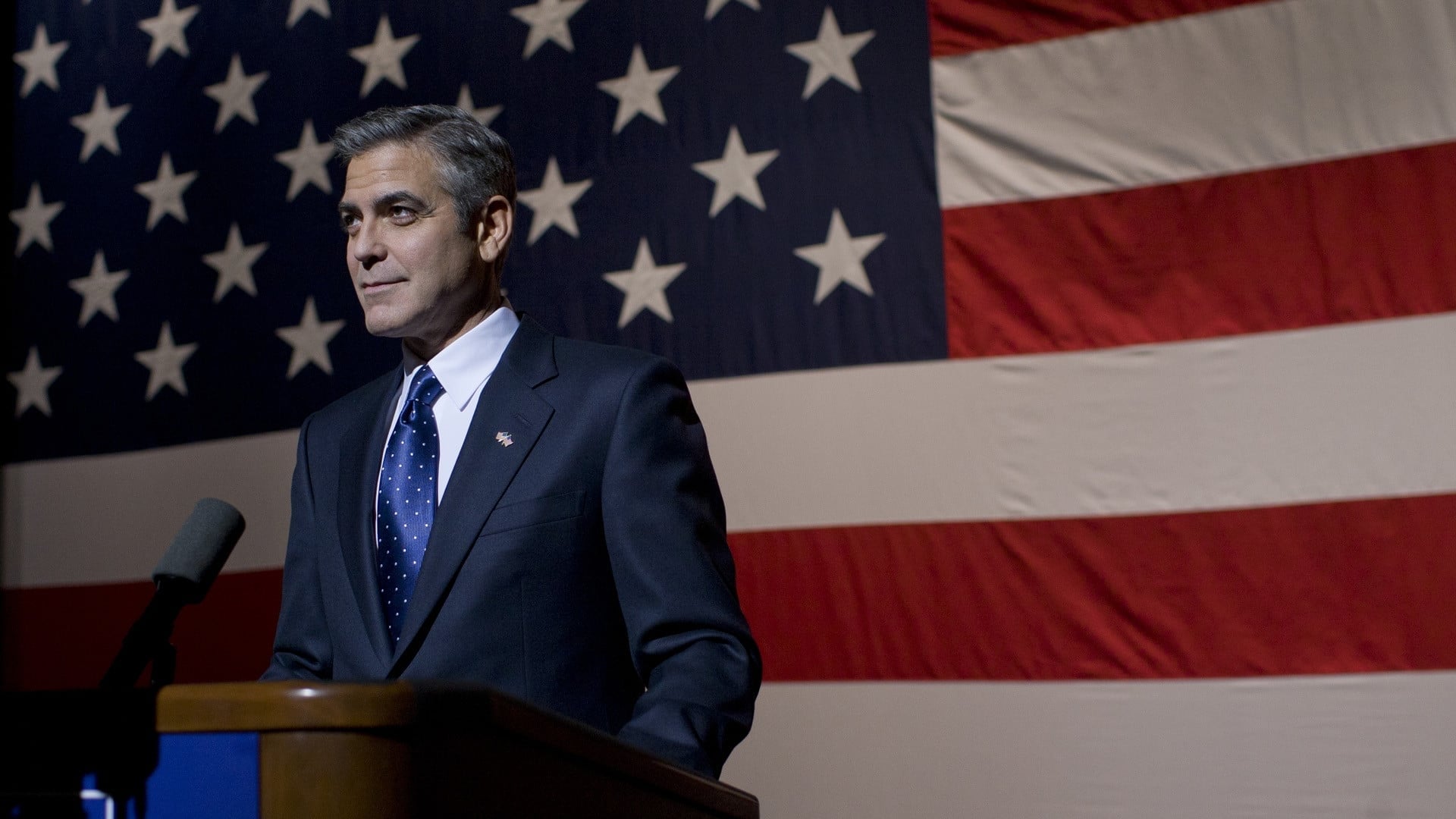
Two Hollywood Powerhouses Join Forces
The Ides of March was George Clooney's fourth directorial effort, showcasing his evolving talents behind the camera. Adapted from Beau Willimon's play Farragut North, the movie follows the journey of Stephen Meyers, an idealistic press secretary portrayed by Gosling. Stephen works on the campaign of Governor Mike Morris (Clooney), a Democratic presidential candidate whose moral integrity becomes increasingly questionable as the campaign progresses. The film's narrative thrusts Meyers into a world of intense political maneuvering, forcing him to grapple with the realization that his once-admired candidate is more flawed and calculating than he had believed.
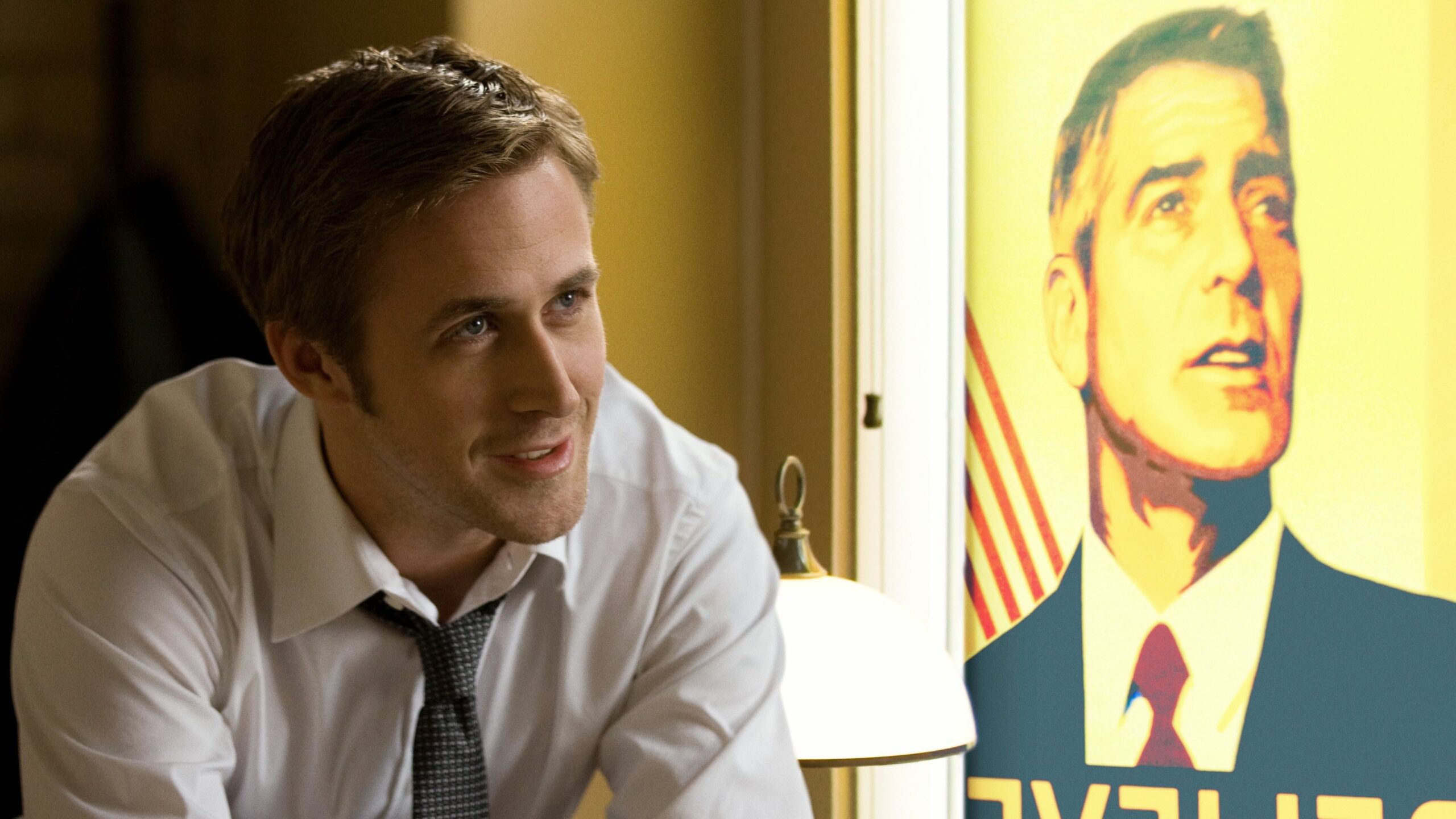
The Making of a Political Thriller
The Ides of March stands out for its layered script and intense character dynamics, with each role adding complexity to the storyline. Alongside Clooney and Gosling, the cast includes powerhouse talents such as Philip Seymour Hoffman as Paul Zara, Morris's seasoned campaign manager, and Paul Giamatti as Tom Duffy, a rival campaign strategist. Hoffman's character provides Stephen with both mentorship and a warning about the harsh realities of politics, while Giamatti's Duffy draws Stephen into a high-stakes political game that tests his loyalty and values.
Interestingly, Clooney's choice of casting and crew wasn't initially set in stone. Brad Pitt was originally considered for Hoffman's role as Paul Zara, while Leonardo DiCaprio was slated for Gosling's part. Ultimately, DiCaprio chose to support the film from behind the scenes as an executive producer, giving Gosling the chance to bring his unique charisma to the role of Stephen Meyers.
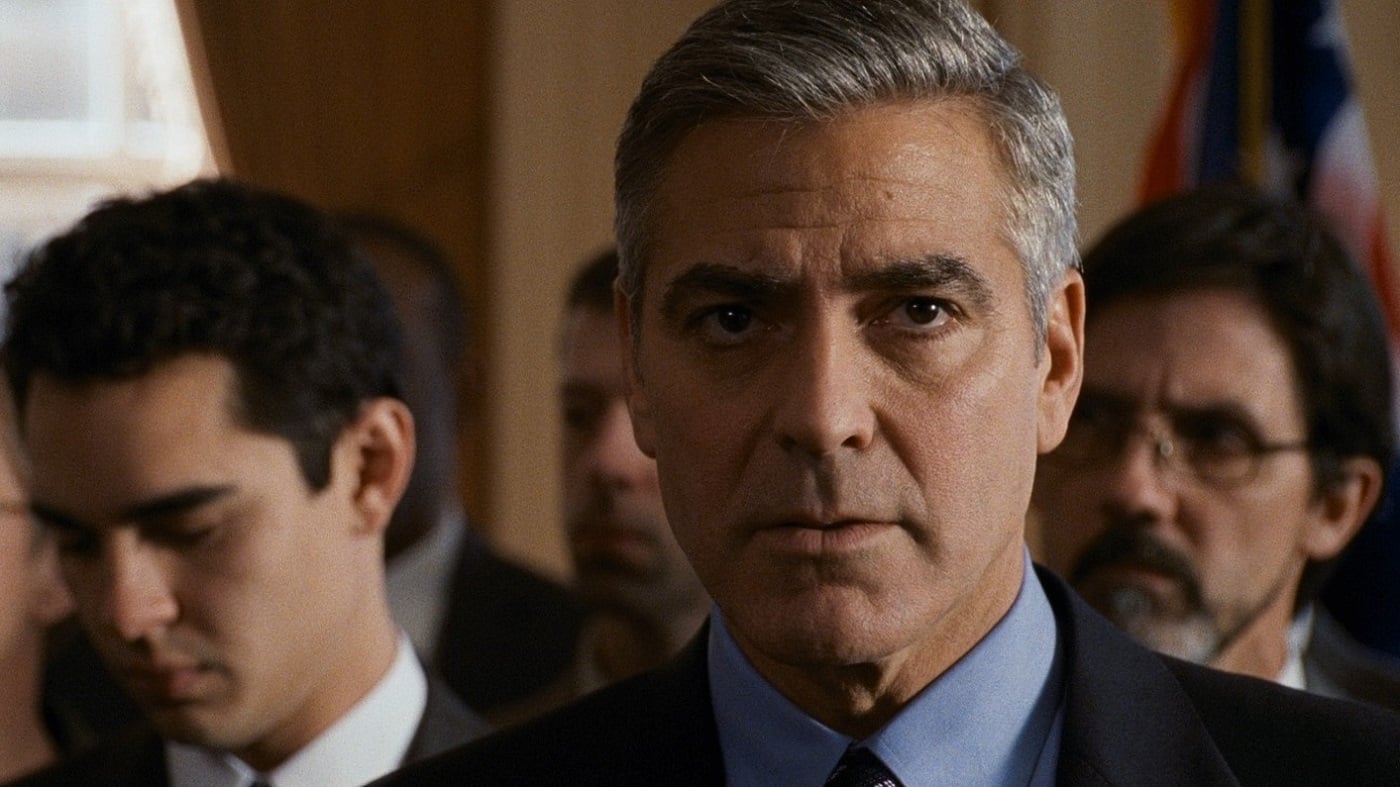
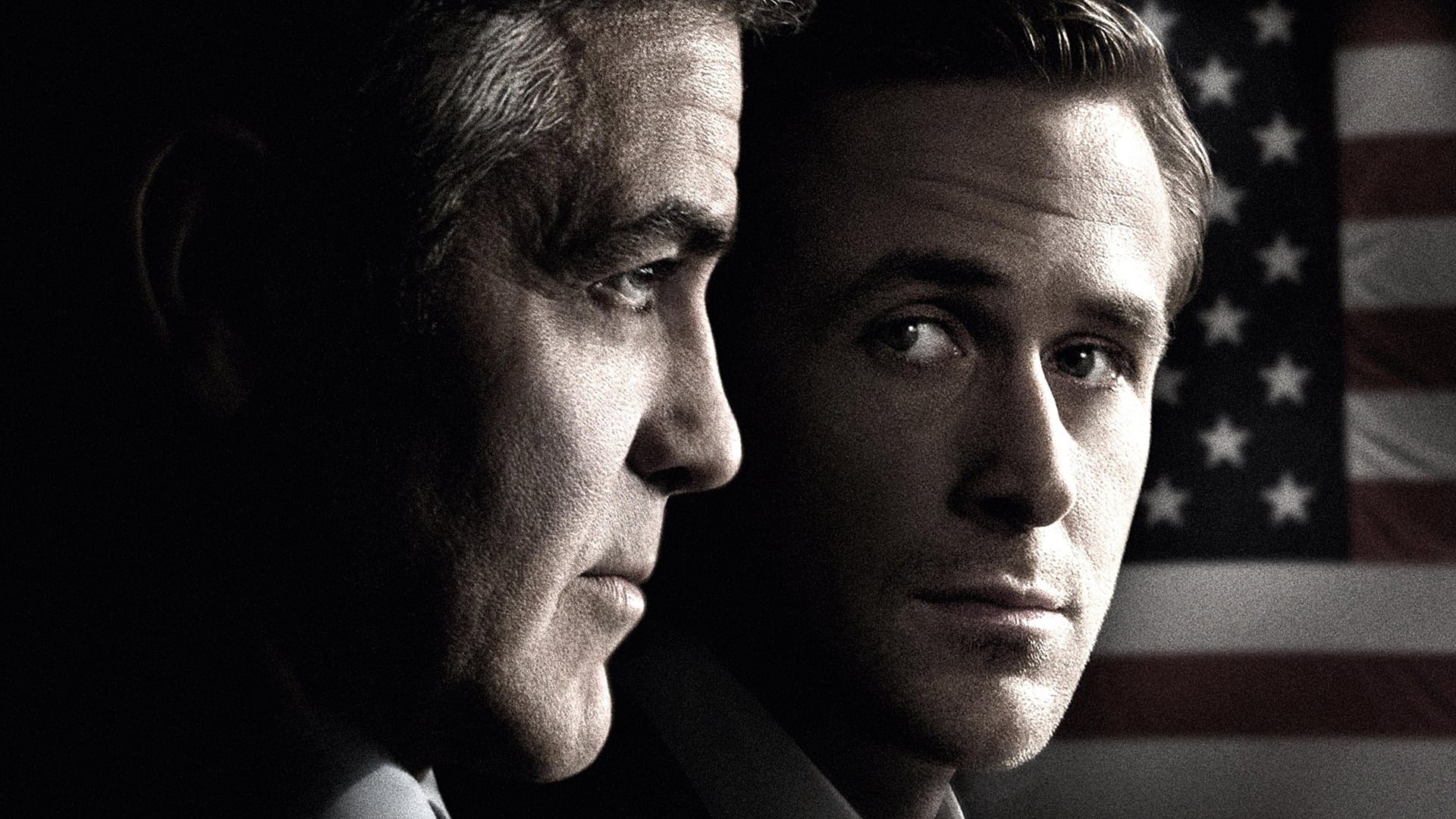
The Story Behind the Scenes
Clooney's decision to adapt Farragut North into a film reflects his longstanding fascination with politics and journalism. Although the project began taking shape in 2006, its production was delayed following the optimism that emerged from Barack Obama's 2008 presidential win. Clooney has explained that the film's cynicism about politics seemed untimely amidst the buoyant atmosphere surrounding Obama's election, noting, “We were actually in pre-production, and then Obama was elected. We realized everybody was in such a good mood that we couldn't possibly make this movie now.” The delay added an interesting dynamic, as Clooney could reflect on the political landscape's shifting mood by the time the film debuted in 2011.
Themes of Power, Morality, and Betrayal
The narrative of The Ides of March strikes a powerful balance between suspense and realism. As Stephen uncovers that Morris has engaged in a risky romantic entanglement with a young intern, Molly Stearns (Evan Rachel Wood), the film's tension heightens. This revelation confronts Stephen with a tough choice: uphold his integrity or protect his candidate's reputation. The film's title references the ominous day in Roman history, suggesting that betrayal is woven into the fabric of power.
The film explores ethical dilemmas without sugarcoating the darker realities of political campaigns. The backstabbing and underhanded dealings push Stephen toward moral ambiguity, reflecting the film's overarching message: in the world of politics, idealism is often the first casualty.
Critical Acclaim and Commercial Success
Upon its release, The Ides of March garnered positive reviews for its screenplay, direction, and the cast's compelling performances. The movie proved financially successful, earning $76.3 million against a modest $12.5 million budget. It received an Academy Award nomination for Best Adapted Screenplay and was acknowledged at the Venice International Film Festival, winning the Brian Award. Critics praised Clooney's vision and Gosling's performance, noting how the film's themes echo the complexities of real-life politics. Yet, despite its acclaim, The Ides of March has not achieved the same level of mainstream recognition as other political dramas, positioning it as an underrated classic in the political thriller genre.
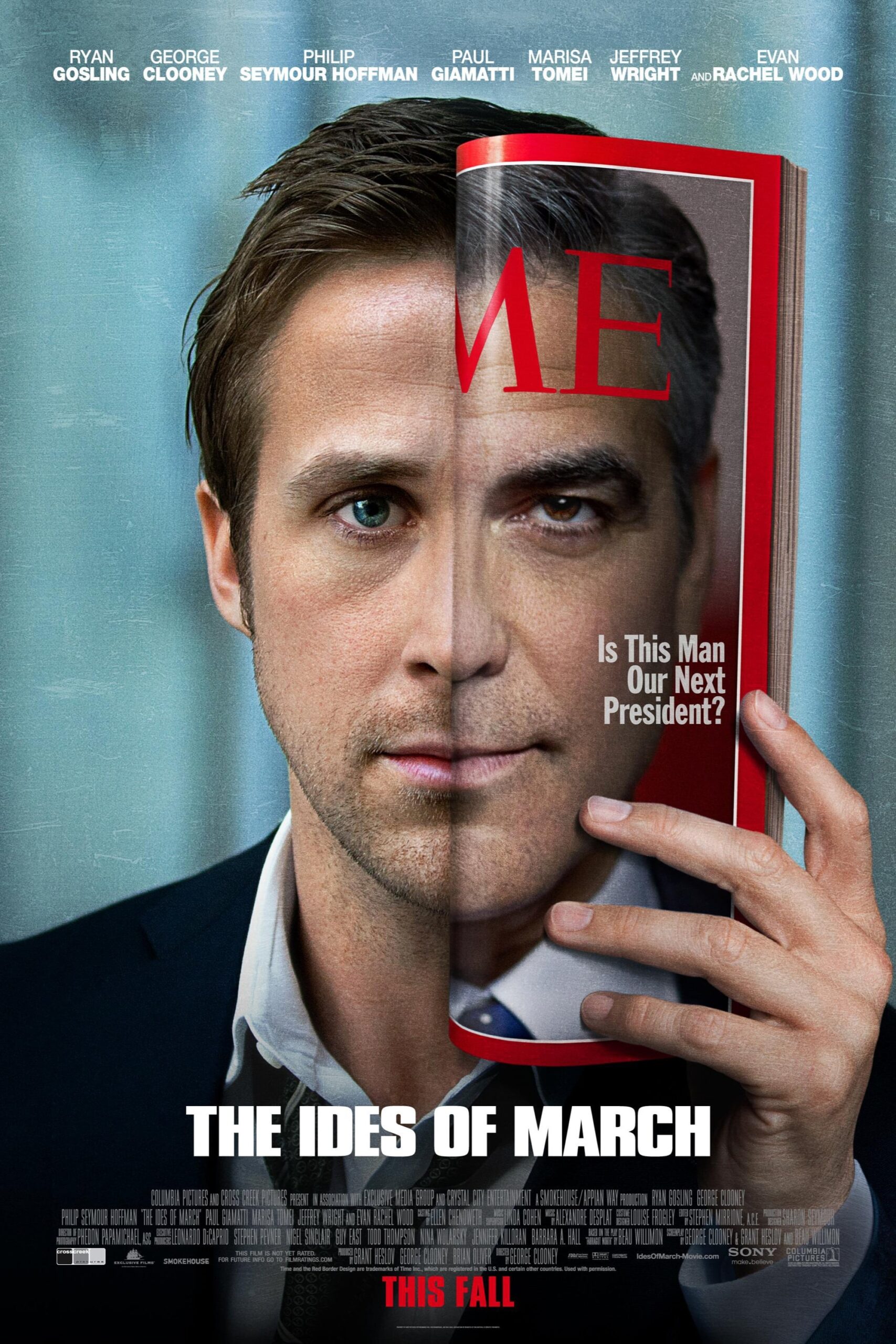
Conclusion
More than a decade after its release, The Ides of March holds up as a fascinating exploration of loyalty, ambition, and the ethical compromises inherent in political life. Both Clooney and Gosling deliver outstanding performances that pull viewers into a world where ideals are eroded by the pursuit of power. In today's politically polarized climate, the film's portrayal of backroom deals, betrayals, and shifting loyalties remains just as relevant and thought-provoking. As such, The Ides of March deserves to be revisited and appreciated for the way it peels back the glamorous facade of political campaigns, revealing the high personal costs of ambition.
The Ides of March remains a standout for its realistic take on political machinations and the ethical compromises that come with ambition. Clooney and Gosling are a dream team, with Clooney's direction injecting depth into every frame. The film's narrative hits home with its portrayal of how even well-intentioned players can get pulled into a web of deceit. This subtle, tense drama also benefits from its strong supporting cast, particularly Philip Seymour Hoffman and Paul Giamatti. Their nuanced performances bring even more grit to this dark political thriller, making The Ides of March a movie that resonates long after the credits roll.
Do you think The Ides of March accurately depicts the real-life ethical struggles in politics, or does it paint too bleak a picture? Why or why not?












